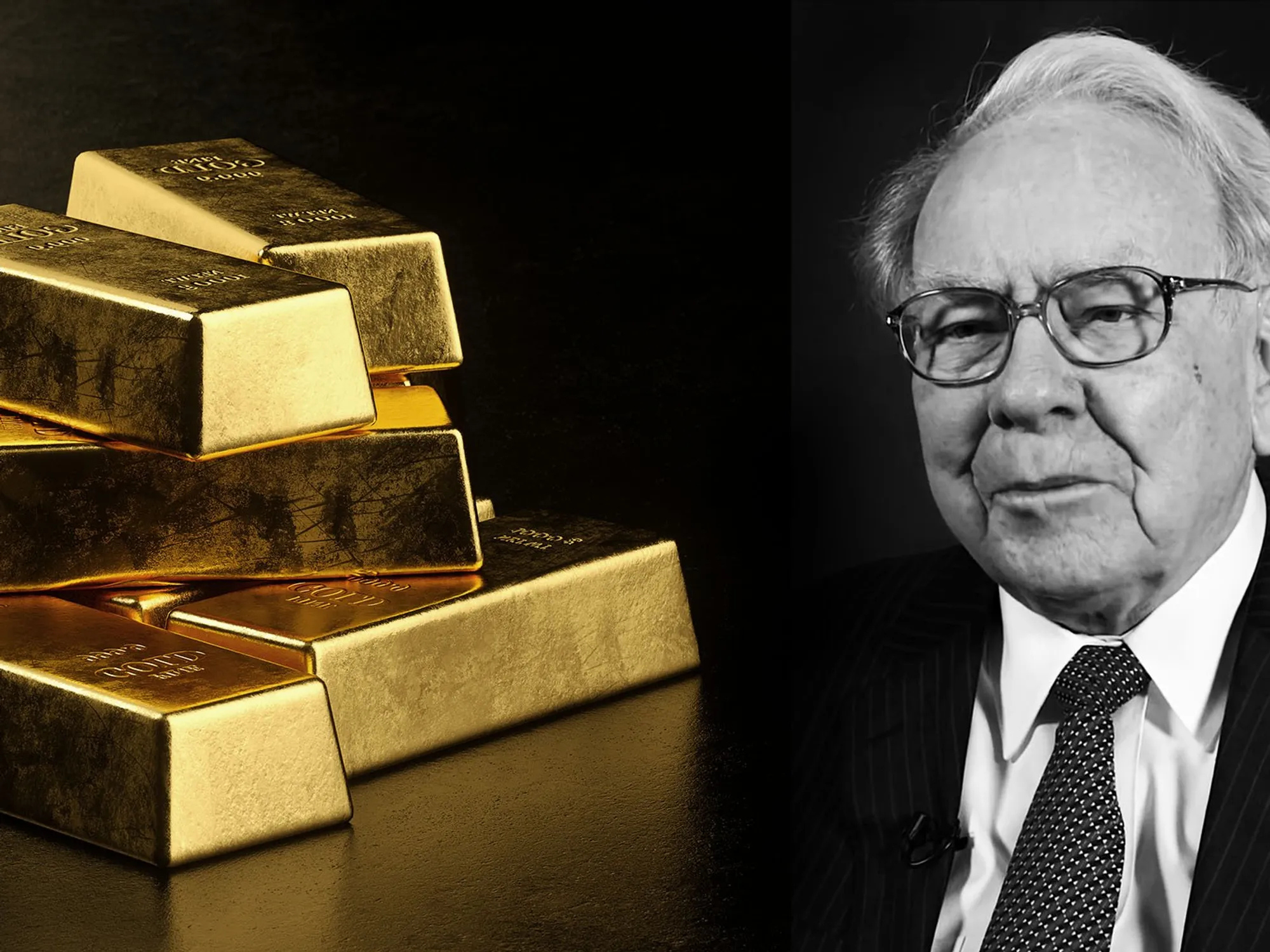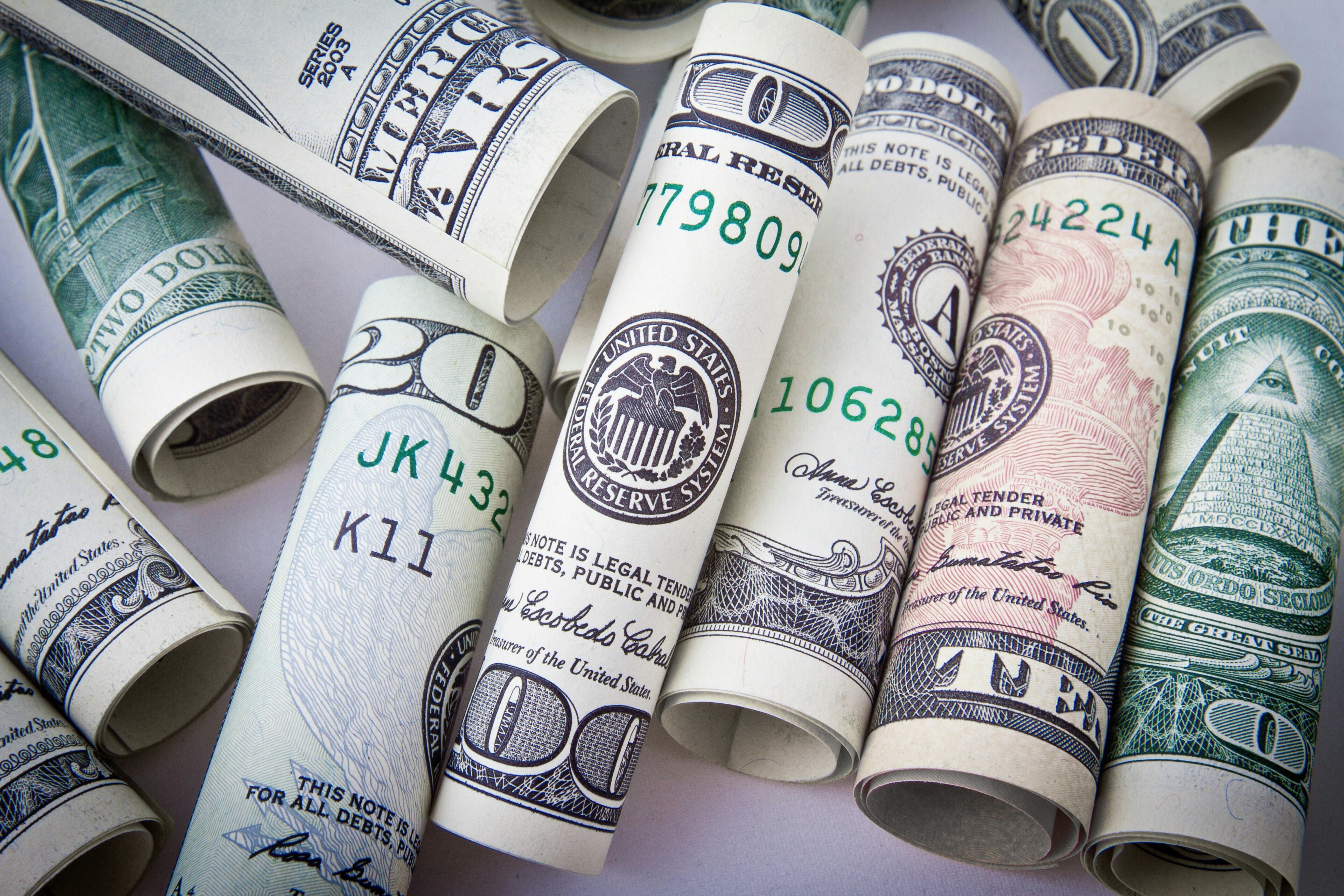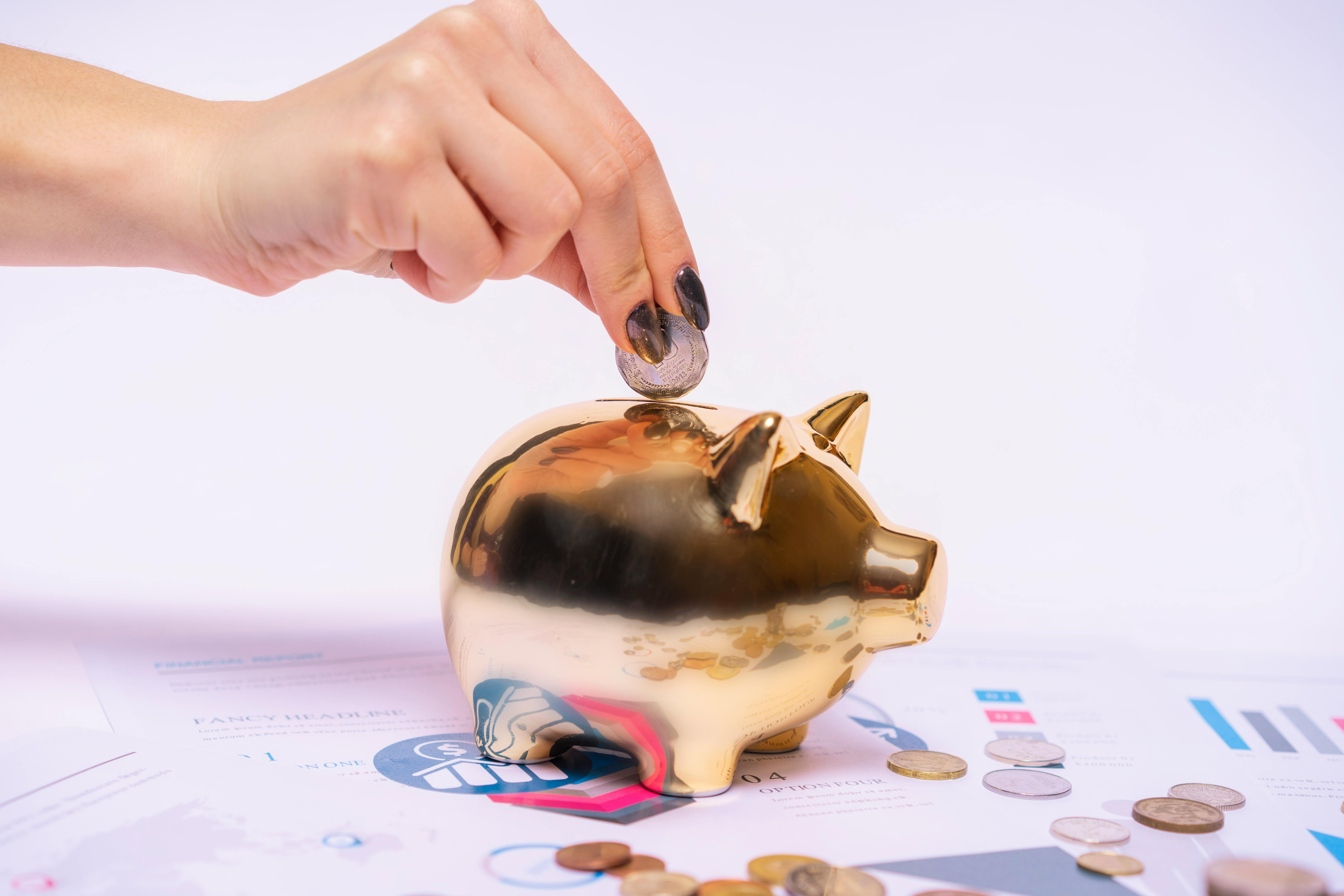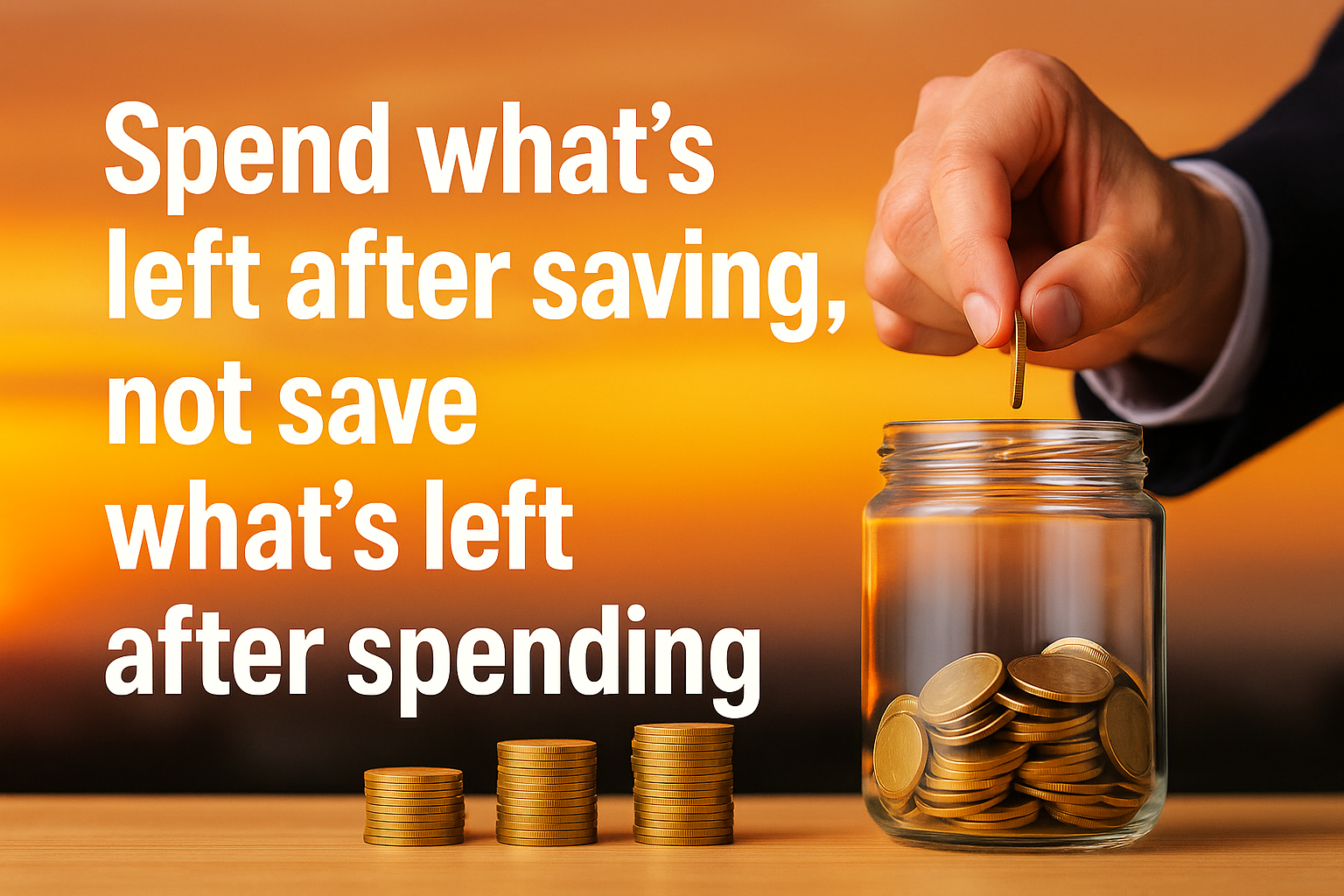
Imagine that your automobile breaks down when you're en route to work. Or there's an unexpected $2,000 medical cost. You risk losing all of your money if you don't have an emergency fund. Having emergency cash is essential, particularly while you're in your twenties. However, the majority of young adults bypass this phase because they believe that they are healthy, have a job, or will figure it out later. However, it might be too late later. Even if you're broke, I'll show you how to start an emergency fund from the beginning in this blog. By the conclusion, you'll feel motivated and equipped to begin your own safety net right now since we'll break it down with realistic examples and practical advice.
A designated sum of money placed aside for unforeseen circumstances such as a job loss, urgent medical expenses, auto repairs, or an unexpected trip is known as an emergency fund. It is only for emergencies and should not be used for normal savings for things like holidays or new phone purchases. What are the advantages? You maintain composure and self-control.
Nearly 60% of young adults in the United States, according to polls, cannot afford a $500 emergency. That is alarming! However, it gets simpler to handle life's unforeseen events, such as job losses, injuries, and auto repairs, without going bankrupt if you begin saving for this fund in your 20s.
The guideline is straightforward: try to save three to six months' worth of necessities. Assume that your phone bill is $100, groceries are $300, transportation is $200, and your rent is $1,200. That's $1,800 a month for necessities. Therefore, you should aim to have between $5,400 (3 months) and $10,800 (6 months) in your emergency fund.
Start with a three-month target if you're single and have a steady job. Go for at least six months if you have dependants, health issues, or freelancing income. It's an adventure. Consistency, not perfection, is what counts.
Your emergency fund should not be kept in your regular bank account or in cash at home. You require a distinct high-yield savings account that is secure, accessible, and impervious to manipulation. Three to four per cent yearly interest is offered by leading U.S. This implies that while your money is sitting there, it grows a little.
Why split up? so that you won't be tempted to utilise it by accident. You are reminded that "this is untouchable unless it’s an actual emergency" when you see it somewhere else. Stocks and cryptocurrency are too risky and don't provide fast access to your emergency cash. You need access, safety, and liquidity in a matter of minutes. Expert advice: Declare the account "Emergency Only" since it establishes a mental limit.
"I can't save; I barely make ends meet," is a common statement. That makes sense. However, the reality is that managing is more important than earning. Set up automatic savings to start modestly. Establish a $100 monthly or $25 weekly automatic deposit from your checking account. Make it as automatic as brushing your teeth so you don't even think about it.
Reduce minor spending. Cutting back on eating out? Track your expenditure with programs like YNAB or Mint. Have more time? Consider taking up a second gig like food delivery, internet freelancing, or Facebook Marketplace sales of unwanted items. Put that money directly into your emergency savings account. Making the habit is more important than hitting $5,000 right away. No matter how tiny, start now.
At her first employment, Emily, a 23-year-old from Dallas, Texas, earned $38,000 annually. She believed she was powerless to save. However, Emily began setting aside $50 a month in a different savings account after her roommate lost her job. Her vehicle broke down two years later. She used her emergency savings to cover the entire cost. No debt, no anxiety. I wasn't afraid of money for the first time. That is the advantage of preparation.
First mistake: combining emergency savings with everyday savings.
Error 2: Using the money for non-emergencies, such as a performance or a sale.
Error 3: Delaying the start too long. Clearly define the rules:
Never access the money outside of genuine situations, such as a family crisis, medical stay, or job loss. Do not use it for tasks that can wait. Additionally, reassess your aim annually. Costs fluctuate. Update the objective for your emergency fund if your lifestyle or rent increases. The most crucial thing is to use your emergency savings without feeling bad about it.
For crises, a lot of individuals believe that credit cards are sufficient. They're not. Credit cards don't give you financial independence; they give you access to debt. For a single emergency, a $2,000 credit card bill with 20% interest may cost you more than $2,400. You get relief from an emergency fund, not remorse. There is no interest and no stress because it's your own money. Consider your money to be a financial safety net. It helps you prevent emotional fear, interest charges, and late payments. This practice can lay the groundwork for lifetime financial control in your 20s.
Celebrate each time you reach a milestone, whether it's $500, $1,000, or $3,000. Of course not with that money! 😄 However, give yourself a little treat for a bit. Make use of goal trackers. Some people colour on visual charts that they print out. Others utilise applications like Digit or Qapital that make saving a game. Tell a close friend or sibling about your victories. It's enjoyable because of accountability. Combine your objective with a sentimental statement, such as "I'll feel more secure and less anxious when I have $3,000 saved." Make your future seem real; that will inspire you to keep going.
Congratulations if you've read all the way through. Building awareness is the first step that most individuals neglect, but you've already done it. Although they may seem uninteresting, emergency savings can change lives. When life takes unexpected turns, they keep you safe, and that tranquillity is invaluable. You will be years ahead of the game if you start an emergency fund in your 20s. It indicates that you're preparing, developing, and getting stronger every day rather than just getting by. 👉 Begin now. Make a minor transfer automatic. Develop the habit. Do you want more advice like this? Explore daily finance information, tools, and templates by clicking the link in my bio. Get started developing a money mindset right now. Haha!
.png)
Has attending college ever been a dream of yours? You have, of course! That great dream:...
 Tajib Ali
Tajib Ali
"Invest for the long term" is a basic concept to keep in mind if you genuinely want to suc...
 Tajib Ali
Tajib Ali.png)
Imagine this: one day, you're travelling from New York to Hawaii in a window seat on an aeroplan...
 Tajib Ali
Tajib Ali
Imagine having no student loan debt when you wake up in six months. Not having to worry about $600 a...
 Tajib Ali
Tajib Ali
Suppose you could make $100 into $100 billion. The renowned investor and CEO of Berkshire Hath...
 Tajib Ali
Tajib Ali
Many individuals believe that you should only begin saving money after you have a large income. ...
 Tajib Ali
Tajib Ali
Just consider this: what do you do first each month when your pay cheque arrives? And you decide to ...
 Tajib Ali
Tajib Ali
Is Warren Buffett's well-known maxim, "Save before you spend," familiar to you? ...
 Tajib Ali
Tajib Ali
When it comes to money, your early twenties may be both the most thrilling and the riskiest time of ...
 Tajib Ali
Tajib Ali
Comments (0)
Leave a Comment